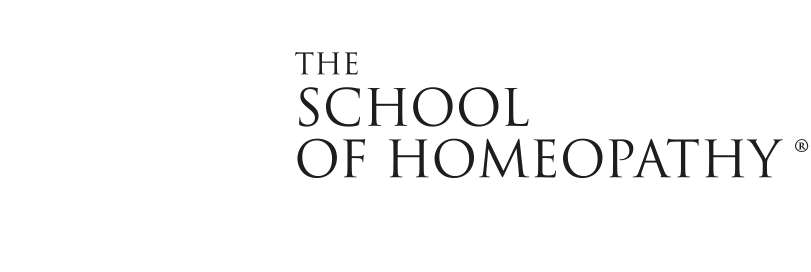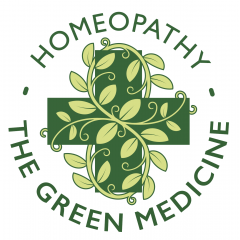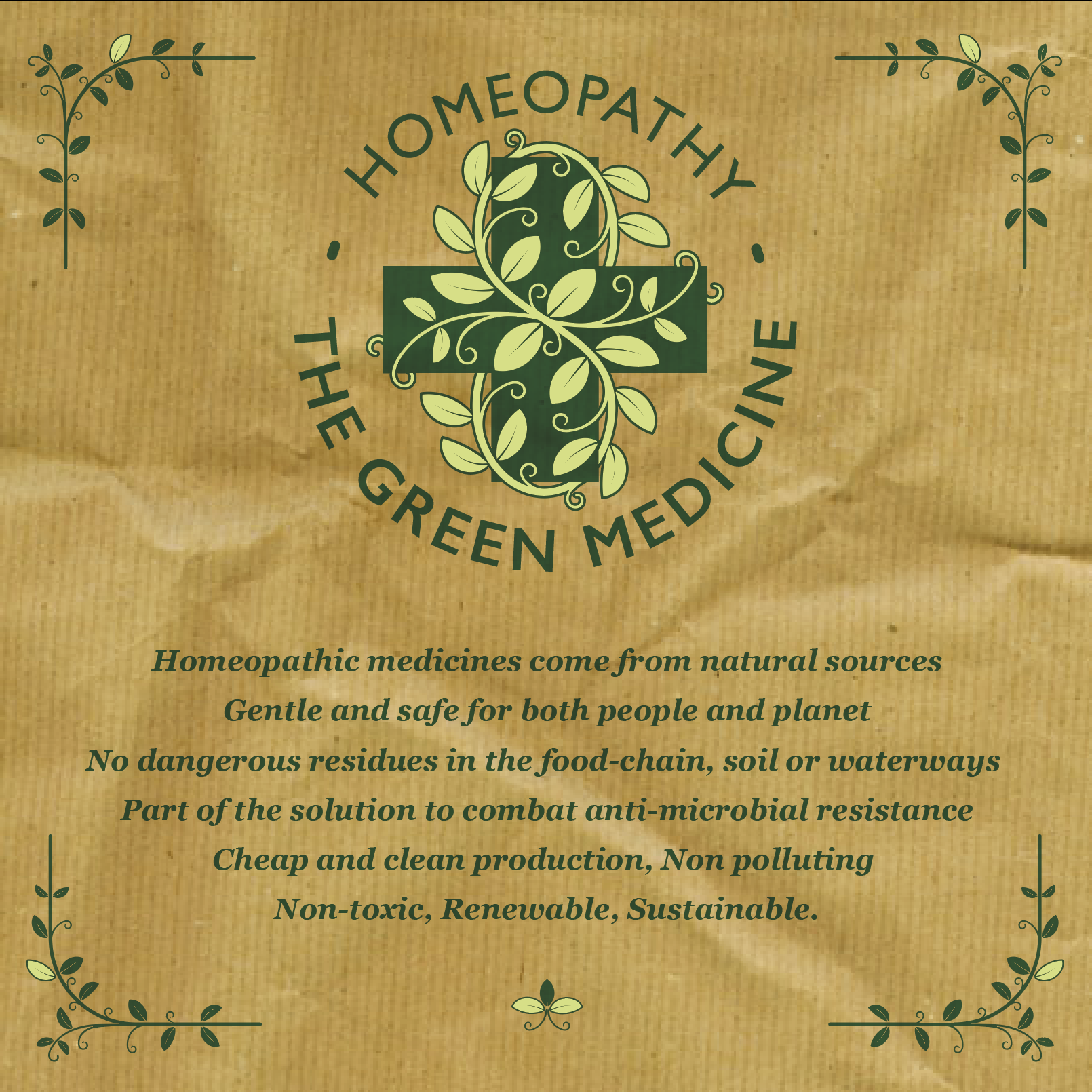Greener Medicine
29 March 2021 at 11:30
Homeopathy – the green medicine
The climate emergency is undoubtedly the biggest threat to humanity. Our planet today is warmer than at any other point in the last 1000 years, and here in the UK, the top ten hottest years have all been recorded since 2002. We are at crisis point and we know we have to act fast.
It’s easy to feel overwhelmed in the face of such a huge and serious issue. But we do already have many of the solutions; adopting renewable energies, protecting forests and oceans, putting a stop to aggressive farming techniques and re-wilding our open spaces. Global challenges need to be tackled from the top, with bold and decisive action from policy-makers embracing changes that increase the pace of progress and encourage behavioural shifts.
Many of us are already aware of how our personal lifestyle choices can help reduce carbon emissions. We are all learning to reduce plastic use, eat less meat and choose more sustainable ways to travel. But perhaps less well known are the impacts of our healthcare choices, as the pharmaceutical industry has all but avoided environmental scrutiny.
A study in 20181 revealed that the international pharmaceutical industry is more carbon intensive than the automotive industry. Riding on an abundance of cheap oil last century, our modern medical system was forged upon fossil fuels and petro-chemicals2, resulting in the proliferation of essential, but resource-depleting medical items. The production of the drugs themselves often come with a heavy environmental burden too, with widespread use of solvents, and carbon intensive extraction and purification processes.
In some ways, homeopathy has an easier ride when it comes to promoting its environmental credentials. By virtue of its production processes, there is less to clean up. For starters, there are far fewer ingredients involved: a small amount of the natural substance, alcohol, water, sucrose. No harsh chemicals, no toxic by-products; just gentle, effective medicine that’s safe for people and planet. And the repeated dilution and succussion involved in the manufacturing process means that literally thousands of doses can be made from the original sample. It’s the ultimate in renewable medicine. Of course, there is always more that manufacturers and practitioners can do; we must all strive to be smarter, cleaner and greener.
There are also growing concerns about the amounts of pharmaceutical ingredients in our waterways and food chain, a consequence of mass dumping and poor waste management. Hormones, anti-depressants and antibiotics have all been found in the water supplies of big cities around the globe3, with trace elements detected as far away as the Arctic4. A recent international study found that the antibiotics in some rivers exceed safe levels by up to 300 times5, a problem which not only damages the local eco-system, but which also flags the magnitude of the impending problem of anti-microbial resistance.
The WHO have declared antibiotic resistance one of the biggest threats to global health and food security. And here in the UK, former Chief Medical Officer, Dame Sally Davies has warned “failure to address this issue could lead to common procedures becoming too dangerous to perform and treatable conditions becoming life threatening6." Waiting quietly in the wings is homeopathy, which has been offering safe and non-toxic medicines for over two centuries. And because remedies are administered in a highly diluted form, they pass on no residues to the food-chain or environment.
Of course, protecting our health should not be compromised and we need to be able to access the appropriate care and medicine when required. But it is clear that we must adapt our approach to healthcare in order to build a healthier and sustainable future. We have a choice in so many aspects of our lives, so it makes sense for us to have a say in our healthcare decisions as well, selecting what suits us best at a given time, both from a medical perspective but also on ecological grounds too. For when considered on its environmental merits, homeopathy is arguably one of the greenest options currently available. It offers a safe, low-cost and effective solution for some of our health issues, leaving conventional approaches for when they are most needed and valuable.
It’s been a tough year, but amidst the darkness, we have seen the power of our collective efforts. Change is possible. We know we can adapt and rise to new challenges, finding ways to progress and transform. So, for Homeopathy Awareness Week this year, let us celebrate homeopathy and its place in a future of sustainable and integrated healthcare.
1. Carbon footprint of the global pharmaceutical industry and relative impact if its major players – Lotfi Belkhir and Ahmed Elmeligi.
2. www.ncbi.nlm.nih.gov/pmc/articles/PMC3154246/
3. www.nrdc.org/sites/default/files/dosed4pgr.pdf
4. Fatta-Kassinos, D., 2010. K. Kummerer, Pharmaceuticals in the environment: sources, fate, effects and risks. Environmental Science and Pollution Research, 17(2), pp.519-521. Kallenborn, R., Fick, J., Lindberg, R.M Moe, M., Nielse, K.M., Tysklind, M. and Vasskog, T., 2008. Pharmaceutical residues in Northern European environments: consequences and perspectives. In Pharmaceuticals in the Environment (pp. 61-74). Springer, Berlin Heidelberg.
5. www.york.ac.uk/news-and-events/news/2019/research/antibiotics-found-in-some-of-worlds-rivers/
6. www.gov.uk/government/news/keep-antibiotics-working-campaign-returns
Posted in Homeopathy | Environment | Health | Research



